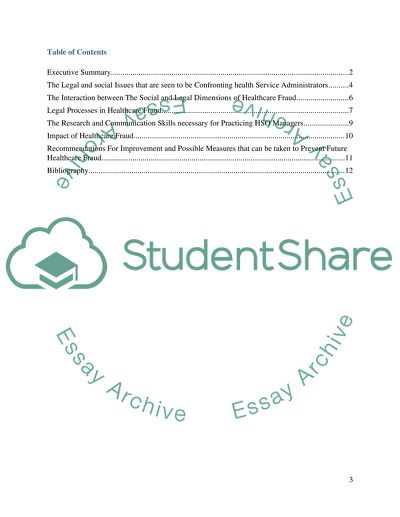Cite this document
(“Healthcare Fraud : Auditing and Detection Guide Research Paper”, n.d.)
Healthcare Fraud : Auditing and Detection Guide Research Paper. Retrieved from https://studentshare.org/health-sciences-medicine/1493404-healthcare-fraud
Healthcare Fraud : Auditing and Detection Guide Research Paper. Retrieved from https://studentshare.org/health-sciences-medicine/1493404-healthcare-fraud
(Healthcare Fraud : Auditing and Detection Guide Research Paper)
Healthcare Fraud : Auditing and Detection Guide Research Paper. https://studentshare.org/health-sciences-medicine/1493404-healthcare-fraud.
Healthcare Fraud : Auditing and Detection Guide Research Paper. https://studentshare.org/health-sciences-medicine/1493404-healthcare-fraud.
“Healthcare Fraud : Auditing and Detection Guide Research Paper”, n.d. https://studentshare.org/health-sciences-medicine/1493404-healthcare-fraud.


